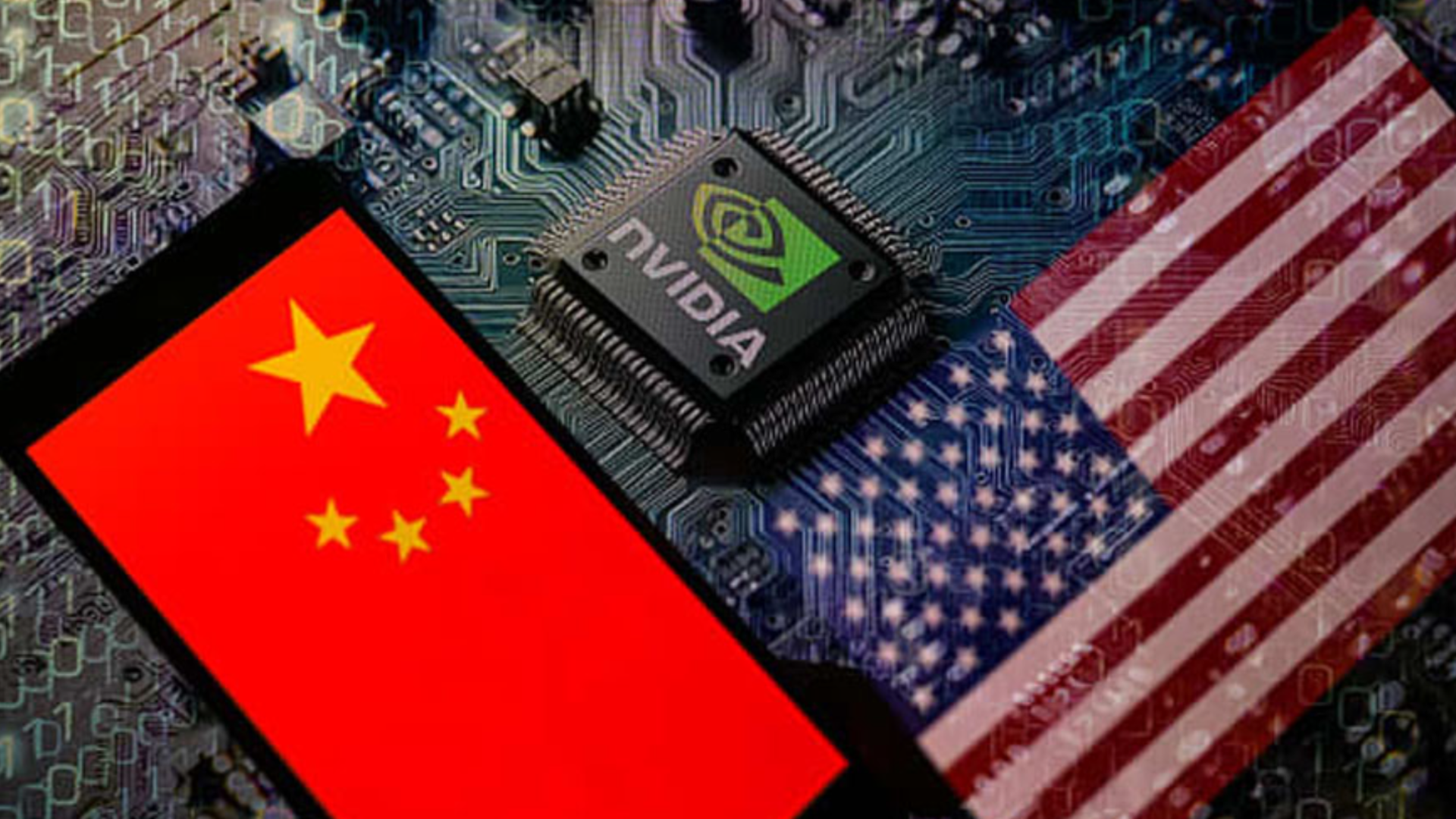China could move away from Nvidia AI chips quicker than expected after brash 'addiction' comments from US Commerce Secretary
Lutnick’s words prove to be fuel for China’s retaliatory tech restrictions

Sign up for breaking news, reviews, opinion, top tech deals, and more.
You are now subscribed
Your newsletter sign-up was successful
- Nvidia’s H20 chip became collateral in a heated geopolitical clash
- Nvidia’s revenue stream risks serious disruption with the Chinese market tightening
- Chinese tech giants hesitate to abandon Nvidia hardware for weaker alternatives
China’s recent decision to tighten restrictions on Nvidia’s H20 chip sales has drawn attention not only because of the technology involved, but also because of the circumstances which triggered it.
Reports indicate comments made by U. Commerce Secretary Howard Lutnick in mid-July 2025 were viewed as both “insulting” and brash by China's government.
In a televised interview, Lutnick stated Washington’s strategy was to ensure Chinese developers became “addicted” to the American technology stack.
Rising tensions after controversial remarks
“We don’t sell them our best stuff, not our second-best stuff, not even our third-best,” Lutnick had told CNBC.
“You want to sell the Chinese enough that their developers get addicted to the American technology stack, that’s the thinking,” he added.
The Chinese considered this remark unnecessarily arrogant, and it is now engineering a move that presents sustained sales headwinds for Nvidia, a company that has long viewed the country as a major market.
The H20 chip, developed specifically for China after export controls restricted access to more advanced models, had become a key product for local AI firms.
Sign up to the TechRadar Pro newsletter to get all the top news, opinion, features and guidance your business needs to succeed!
Nvidia CEO Jensen Huang visited Beijing recently, and stressed the firm’s commitment to staying competitive in the region.
Still, with China accounting for at least 15% of Nvidia’s total revenue, any disruption to H20 orders represents a serious challenge.
Washington and Beijing had previously struck a framework agreement earlier in 2025 allowing H20 sales to resume in China while Beijing restored some rare earth exports.
That deal was interpreted as a step toward stabilizing relations. Yet by late July 2025, Chinese regulators such as the Cyberspace Administration of China and the Ministry of Industry and Technology began advising firms to halt new H20 orders.
This guidance, framed as a response to Lutnick’s remarks, highlights the fragility of recent progress.
Alongside the restrictions, Beijing has promoted the use of domestic chips, including those from Huawei.
However, doubts remain about their effectiveness, and DeepSeek had to delay the launch of its new R2 model after difficulties training with Huawei Ascend processors.
Chinese tech giants like Alibaba, Baidu, and ByteDance have also been reluctant to fully switch, citing stronger performance from Nvidia hardware compared with local alternatives.
The episode illustrates how political statements can rapidly alter corporate fortunes, especially when national security and technology leadership are at stake.
While Nvidia has disputed claims of security risks tied to its products, Beijing’s regulators appear determined to limit reliance on US-made chips.
Whether Chinese firms can scale up to fill the gap remains uncertain, but what is clear is that Lutnick’s words have accelerated a process of decoupling that may unfold far quicker than industry analysts initially expected.
Via Financial Times
You might also like
- Microsoft restricts access to its cyber early warning systems for some Chinese firms
- Access powerful chips with the best cloud computing services
- Fancy an upgrade? Check out the best business laptops and best mobile workstations

Efosa has been writing about technology for over 7 years, initially driven by curiosity but now fueled by a strong passion for the field. He holds both a Master's and a PhD in sciences, which provided him with a solid foundation in analytical thinking.
You must confirm your public display name before commenting
Please logout and then login again, you will then be prompted to enter your display name.